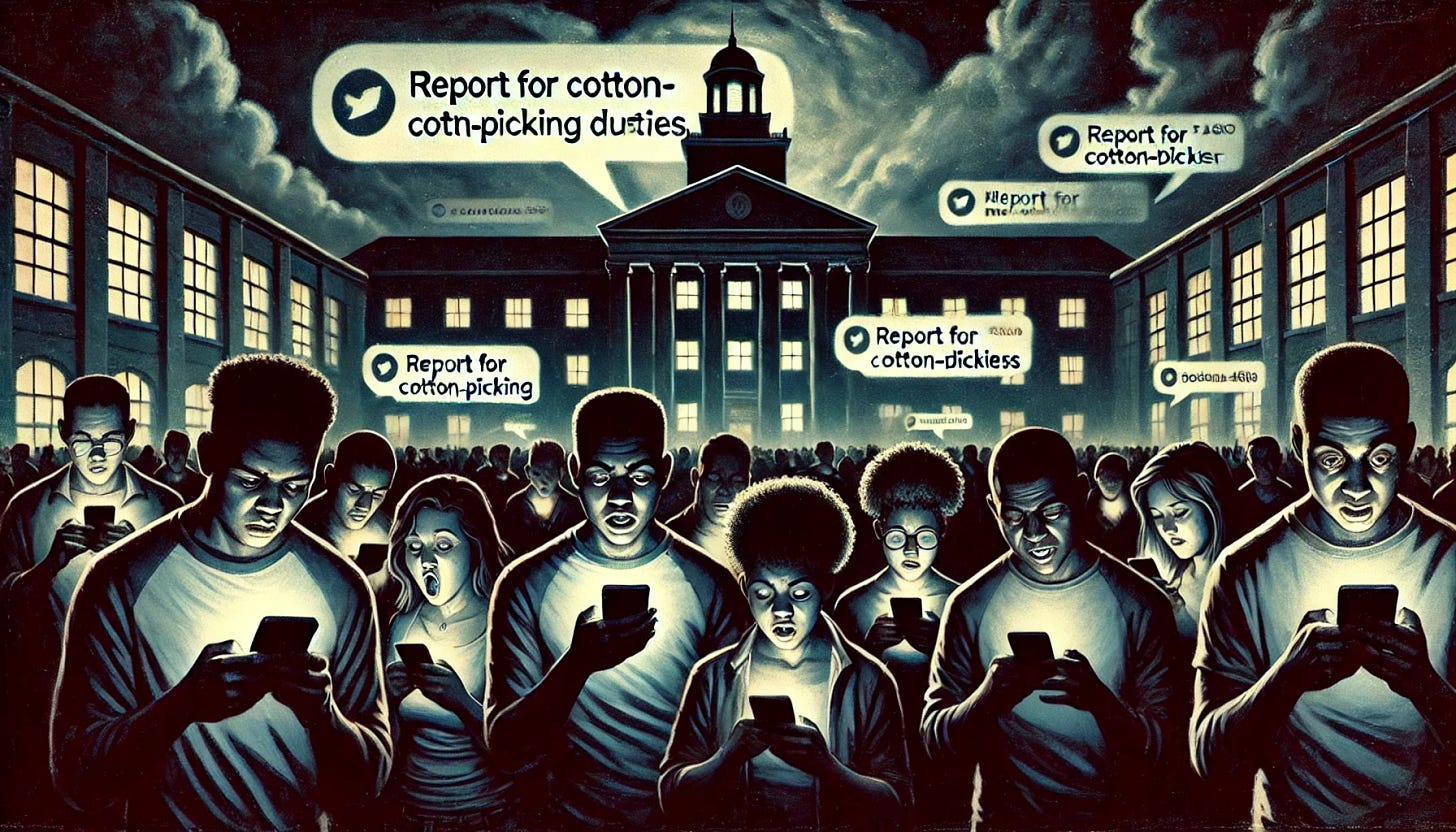The recent surge in racial violence and threats has forced an urgent question into the light for campus ministries everywhere: Who is funding the spaces that claim to offer safety and support for Black students? For those of us working in predominantly white ministry organizations, the responsibility has never been greater to be transparent with Black students—especially when they express fear or doubt about their place within these institutions. The stakes are too high, the trauma too real, for us to offer anything less than raw, unfiltered honesty. So, I will start with some of my own.
As a freshman, I stumbled into an InterVarsity Bible study after breaking my leg. That’s where I met Alex Kirk, the campus staff worker at my college. I tell the full story in Faith Unleavened, but for the purposes of this article, I’ll put it this way: in this predominantly white ministry, Alex saw something in me that I hadn’t fully recognized in myself. He identified my potential, encouraged me, and…
Keep reading with a 7-day free trial
Subscribe to Tamice Namae Speaks to keep reading this post and get 7 days of free access to the full post archives.




